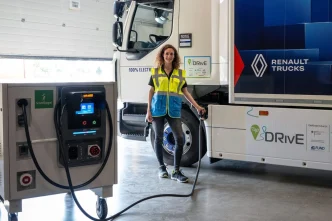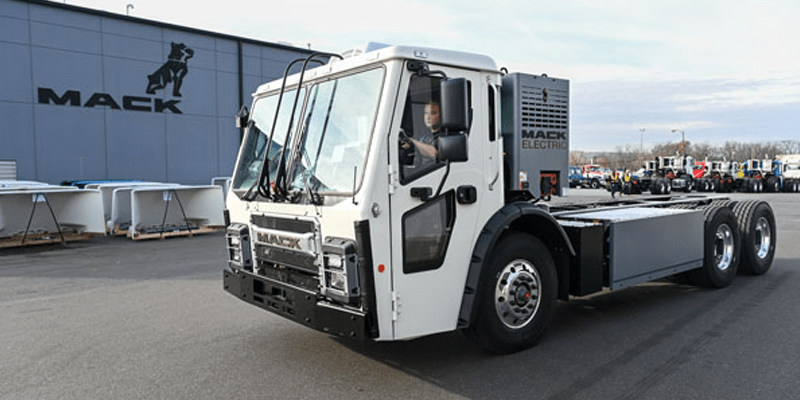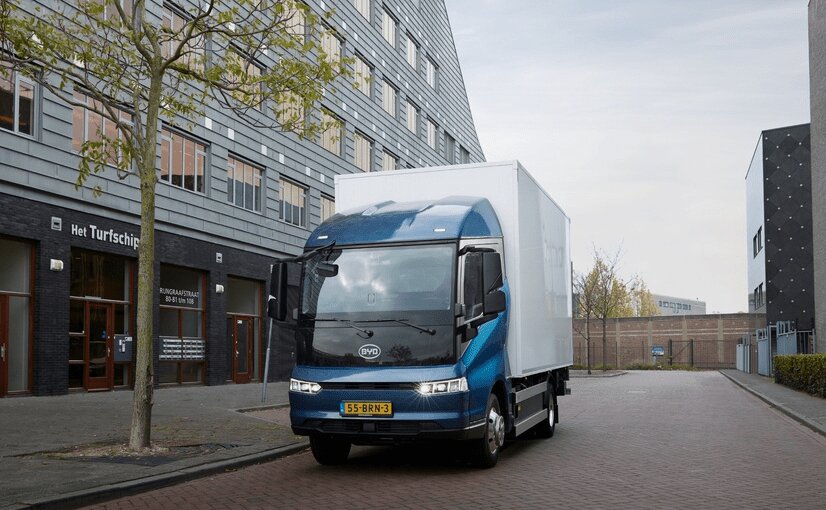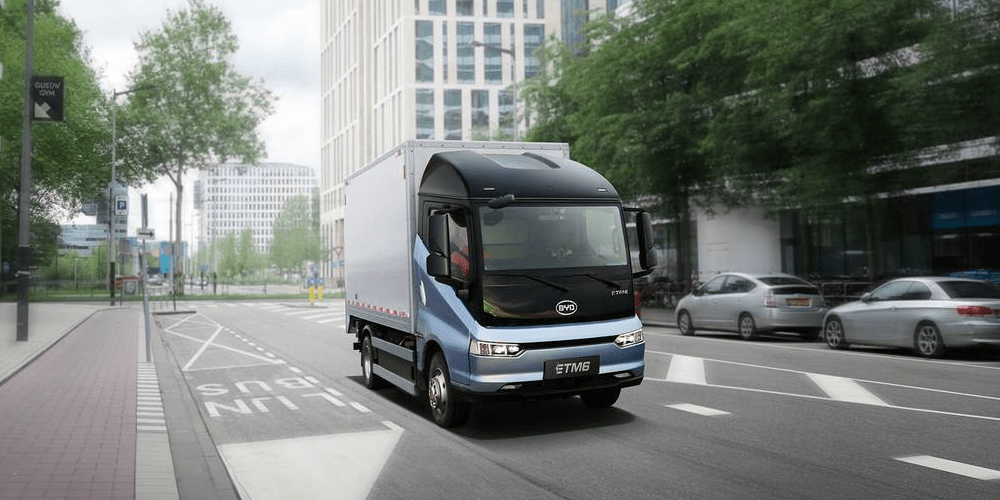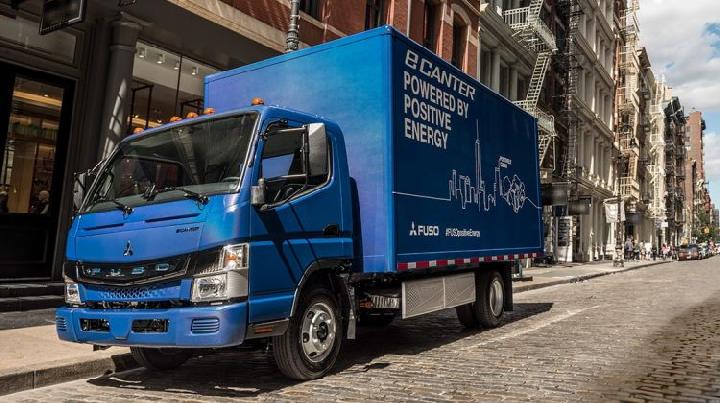Germany’s federally funded DRivE project, led by RWTH Aachen University and a consortium of industrial partners, has developed a web-based route planning system designed to optimize routes for electric trucks, promoting a shift toward low-emission transportation solutions. The system, which integrates data from charging and refueling infrastructure with vehicle conditions and route specifics, aims to alleviate the “range anxiety” often experienced by companies in the transport and logistics sectors.
The project, funded by the German Federal Ministry of Digital and Transport (BMDV) with a budget of approximately 2.1 million euros, seeks to support the transition to alternative drive systems, such as battery-powered trucks and hydrogen fuel cell vehicles. The new routing algorithm calculates the best routes for electric trucks, taking into account factors such as charging points, accessibility, and vehicle battery capacity. In addition, the system is adaptable to other alternative fuels like liquefied natural gas (LNG), making it versatile for a range of energy supply technologies.
“Despite the general familiarity of route planning for electric vehicles, specific considerations for electric trucks, like the size of batteries and the availability of charging points, require additional criteria,” explained Professor Achim Kampker from RWTH Aachen University. “Our result is a web-based routing algorithm that links data on the charging and refueling infrastructure with vehicle conditions and route characteristics to calculate optimal routes for trucks with alternative drive systems.”
However, the project has identified two significant hurdles during real-life testing. One challenge involves obtaining real-time vehicle data, such as battery charge status and energy consumption, which is essential for the accuracy of the route planning algorithm. The second challenge is the integration of the system into existing transport management software used by haulage companies, a process that will require more than just a pilot project.
“We expect these technical challenges to be overcome, paving the way for the market maturity of digital solutions like the ‘DRivE’ algorithm, ultimately driving a transformation in road freight transport,” Kampker added.
The DRivE project has made significant progress, with its route planning system being tested and demonstrated during the pilot phase, but further development and integration into the logistics sector will be necessary to realize its full potential. Partners in the project include Hammer Road Cargo, Park Your Truck GmbH, Maintrans Internationale Spedition, Mansio GmbH, ZeKju GmbH, and FIR e.V. at RWTH Aachen University.

